UToledo Advocates for Human Rights, Social Justice and Equal Opportunity
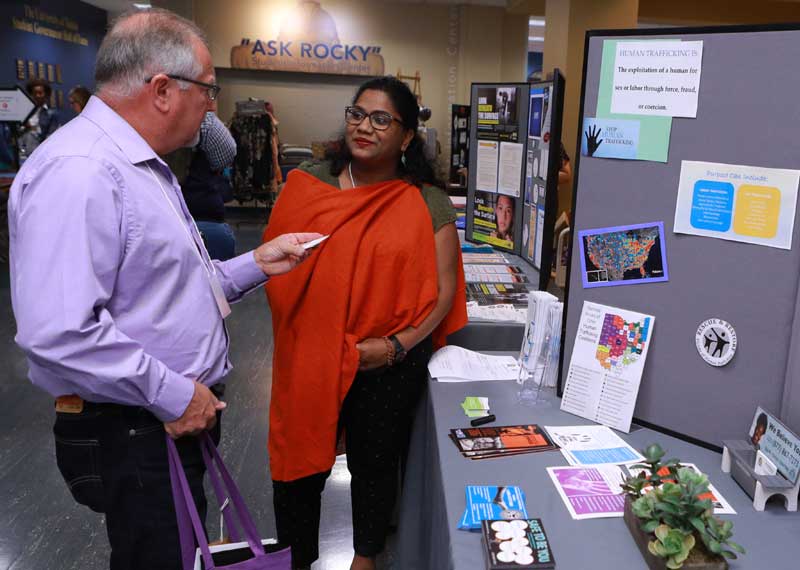
At The University of Toledo, our advocates for social justice and equal opportunity are working side by side with our neighbors to confront urgent issues including human trafficking, poverty, social mobility and opioid addiction.
Fighting human trafficking has been the life’s work of Celia Williamson, Ph.D., Distinguished University Professor of social work and executive director of UToledo’s Human Trafficking and Social Justice Institute. Since creating the first anti-trafficking program in Ohio in 1993, Dr. Williamson has advocated for change that included new state laws that provide more support for survivors and tougher penalties for those who solicit minors for sex. She also founded the International Journal of Human Trafficking, the first academic journal to advance knowledge in trafficking policy, practice and research.
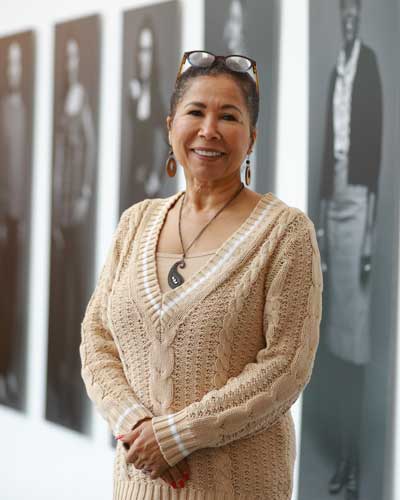
UToledo’s annual International Human Trafficking and Social Justice Conference has welcomed presenters from 42 states and 30 countries since it began in 2004. The conference brings together human trafficking survivors, researchers and advocates to increase awareness, promote networking and share the latest trends and resources in how to identify and combat trafficking.
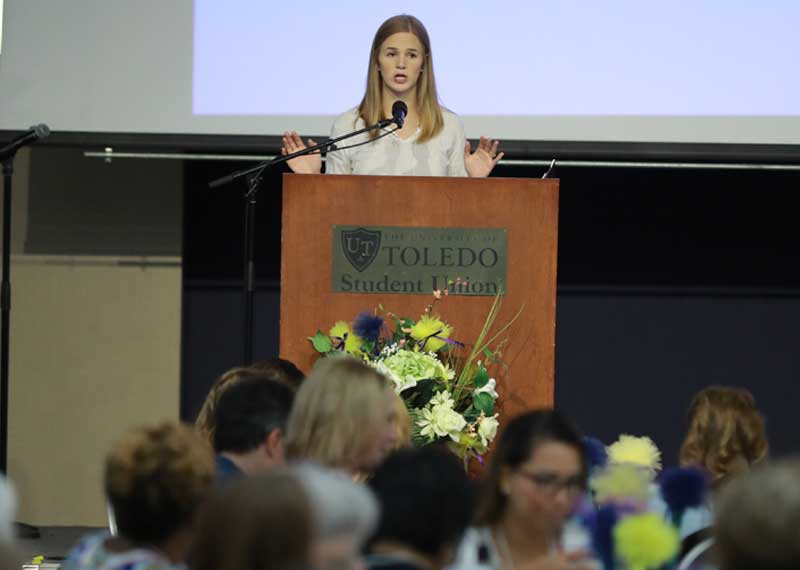
Much-needed healthcare is being delivered to underserved populations thanks to UToledo’s interdisciplinary and student-run CommunityCare Clinics, which assist nearly 2,500 uninsured visitors each year. The unique, collaborative experience provides opportunities for students from health professions including medicine and pharmacy to provide real-time treatment to patients in need.

The legal environment can be challenging to navigate — especially in complex cases regarding civil rights and family law. Through our legal clinics, students in UToledo’s College of Law provide full services and counsel primarily to those who cannot afford representation. Since 1970, these clinics have provided real-world experience for law students, while making an immeasurable impact for clients dealing with mental health issues, domestic violence and other important matters throughout Ohio.

Northwest Ohio communities are directly benefiting from UToledo’s Jesup Scott Honors College Community Engagement course. Through this research-intensive, cross-disciplinary experience, students have provided real-time solutions and proposals to area nonprofits on issues including after-school curriculum and community needs planning.
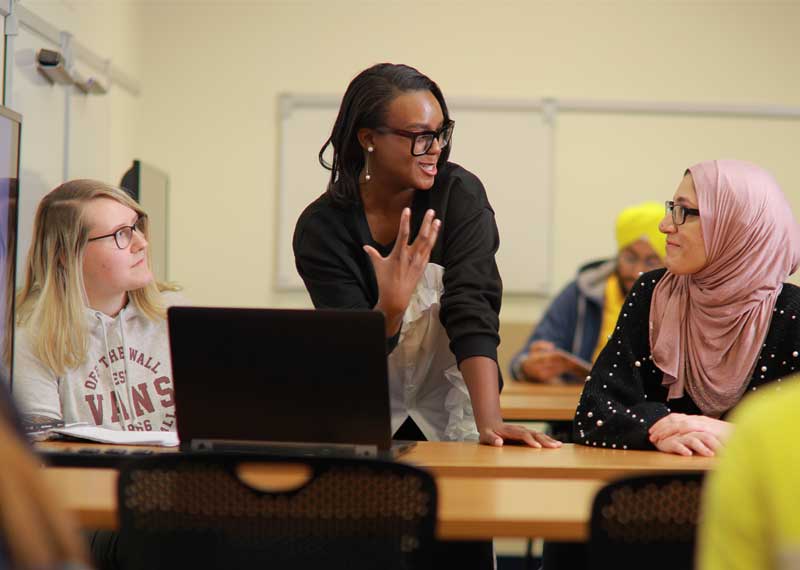
In addition to the enormous human toll of opioid abuse, addiction and overdoses, the crisis is affecting economic well-being across the United States. A recent UToledo analysis found the economic impact of the opioid epidemic as it relates to overdose deaths in metropolitan Toledo totaled $1.6 billion in 2017.

A new study by Sujata Shetty, Ph.D. and the Jack Ford Urban Affairs Center at UToledo sheds light on poverty in northwest Ohio. Toledo City Council commissioned UToledo experts to report who is struggling and why, and offer recommendations based on successful practices demonstrated in other cities.
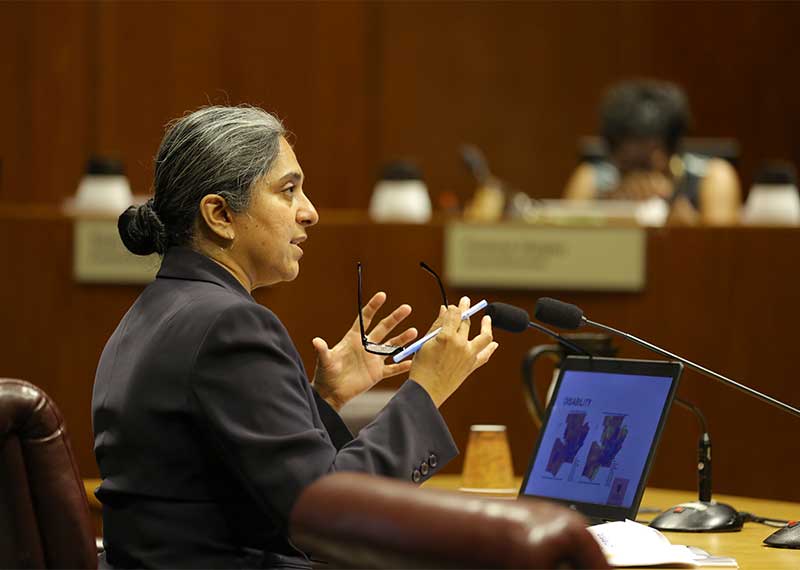
Learn More
- Tamron Hall Show: Surviving and escaping a sex trafficking ring
- International Conference at UToledo Targeting Human Trafficking Grows to Record Level
- UToledo study details link between social media and sex trafficking
- The Conversation: These are the customers who support sex trafficking in the US
- Academic Minute: Celia Williamson, University of Toledo — Social Media and Sex Trafficking
- Toledo Blade: Medical students cycle nationwide, raise funds for clinics
- UToledo president creates Opioid Task Force
- College of Law receives federal grant for tax clinic
- UToledo to develop training tool to better care for patients who are homeless
- Law faculty member wins Fulbright grant to research women’s housing advocacy in Ecuador